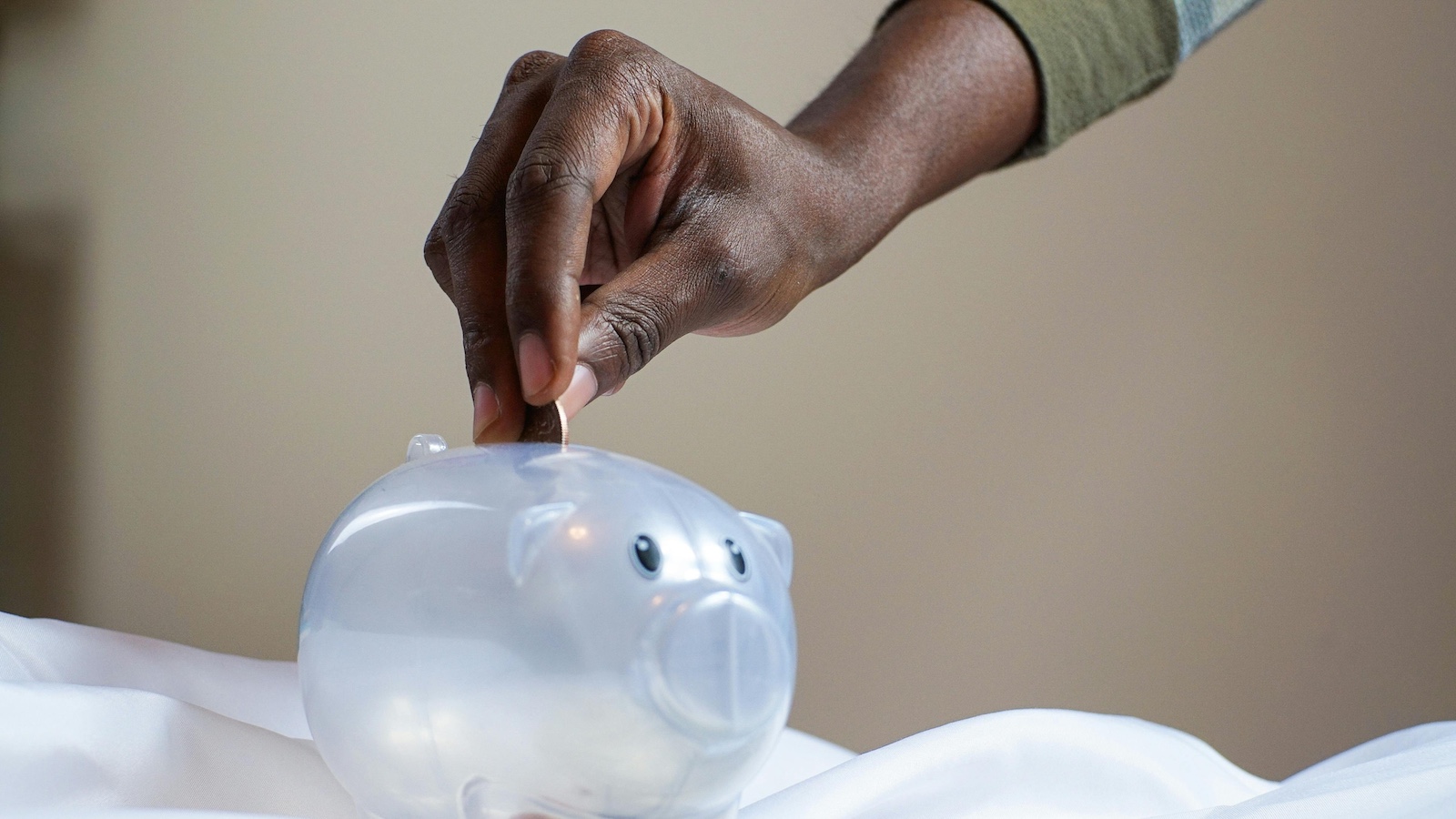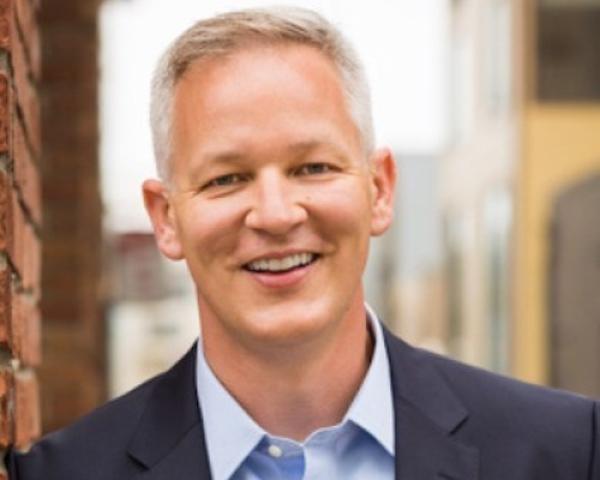Let’s challenge some conventional wisdom. It’s not about whether you need an emergency fund—that’s obvious. The real question is about where you keep it. Most people stick their money in savings accounts or money markets, but here’s the problem: These accounts don’t just sit idle—they lose value as inflation eats away at your purchasing power.
What if your emergency fund didn’t just sit there but actually grew? By placing your emergency fund in an indexed universal life (IUL) insurance policy, you can link its growth to a market index like the S&P 500. This means your money benefits from market gains while staying protected from losses during downturns. It’s not just insurance against emergencies—it’s a way to grow the foundation of your financial future.
Let’s break down why this strategy offers a smarter way to transform the value of your emergency fund.
What Is an Emergency Fund?
Think of your emergency fund as your financial spare tire. It’s there for when life goes flat—a medical bill, a busted transmission, or a sudden layoff. The go-to advice is to start with $1,000 and work your way up to three to six months of expenses. Solid advice, right?
Here’s the catch: If you’re following this advice by the book, your emergency fund sits in a low-interest savings account, losing value as inflation chews away at it like termites in a wooden house. And emergencies? They’re not always as simple as a flat tire. What if the “emergency” is relocating for your dream job? What if you’re juggling multiple crises and need flexible options? The old-school advice can leave you stranded when life gets messy.
See also: 10 Reasons to Stress Customer Retention
What Is Safe Money?
Safe money isn’t just a souped-up emergency fund—it’s the backbone of your financial stability and peace of mind. While emergency funds are there for immediate needs, safe money is your launchpad for bigger opportunities and protection against life’s curveballs. It’s the financial buffer that lets you take calculated risks with your “non-safe” money. Unlike an emergency fund, safe money isn’t just for unexpected expenses; it’s for achieving long-term goals like funding college, retiring early, or leaving a legacy for your family.
Sure, starting with $1,000 and building a three- to six-month reserve is fine, but stopping there? That’s like bringing a squirt gun to a four-alarm fire. Safe money goes further. It’s about covering big-ticket items—like your kid’s college education or paying off your mortgage—while also setting yourself up for long-term success. Once you've hit those goals, think even bigger. Save beyond six months and use your indexed universal life (IUL) policy to become your own infinite bank.
Infinite banking transforms your savings into a personal banking system that works smarter, grows faster, and keeps you in control—all thanks to the IRS tax code for life insurance.
With an IUL policy, your money grows with the market, stays safe from downturns, and can be accessed tax-free when you need it. Plus, with an IUL, your money grows without wealth adviser fees, so more growth stays in your pocket.
How Much Safe Money Do You Need?
That depends on your goals. Here are three North Stars:
Financial Freedom: How much passive income do you need to cover your minimum retirement lifestyle?
Ideal Retirement Lifestyle: What’s the price tag on your dream retirement or early retirement?
Enduring Legacy: What size legacy do you want to leave behind to set future generations up for success?
Once you’ve nailed down these goals, you can reverse-engineer the steps to get there.
Start With a $1K Emergency Fund
An IUL provides liquidity through its cash value, allowing you to access your money for emergencies via tax-free policy loans or withdrawals. The funds grow based on the performance of a market index, like the S&P 500, but are protected by a zero-loss floor, ensuring your money doesn’t shrink when markets decline.
As your cash value grows, it transforms into safe money—a financial foundation that balances growth and protection. This money isn’t just for emergencies any more; it becomes a shield against market downturns and inflation while offering flexibility for future opportunities.
Over time, your IUL policy can evolve into a private family bank. By max-funding your policy within IRS guidelines, you minimize the cost of insurance and maximize cash value growth. This allows you to borrow against the policy for significant expenses like a down payment on a house, starting a business, or funding your child’s education. The best part? You’re essentially paying yourself back, keeping the money within your financial ecosystem.
See also: Harnessing Data to Improve Decision-Making
Why This Strategy Works
Growth Potential: Your emergency fund isn’t just sitting idle. It’s growing alongside the market, with gains capped to ensure stability and losses avoided entirely.
Tax Advantages: The cash value grows tax-deferred, and loans are tax-free, giving you access to your money without unnecessary penalties. Similar withdrawals from a money market account trigger capital gains taxes, eroding your money’s value.
Long-Term Flexibility: Unlike traditional savings accounts, an IUL offers a pathway for your emergency fund to evolve and serve broader financial goals, for yourself, your extended, or even your business.
Family Legacy: As your policy matures, it not only supports your immediate needs but also becomes a tool for multi-generational wealth, creating a lasting legacy.
By rethinking where you keep your emergency fund, you’re not just saving money—you’re building a dynamic financial tool. An IUL starts as a safety net, evolves into safe money, and eventually becomes a private family bank that grows with you and your family’s needs.
How to Build Safe Money
Here’s where the magic happens: building safe money that grows while protecting you from financial potholes. As Warren Buffett says, “Rule No. 1: Don’t lose money. Rule No. 2: Don’t forget rule No. 1.”
Safe money isn’t about stuffing cash under your mattress or parking it in a savings account. It’s about making your money work for you, carefully. By leveraging strategies like indexed accounts, you can link your funds to the market’s growth, while zero-loss floors ensure you'll never go backward. Bonus points if you minimize taxes and inflation’s slow erosion along the way.
A Smarter Way Forward
The wealthy don’t play the money game with one hand tied behind their back, and you shouldn’t either. Here are some strategies:
Leverage the Tax Code: Shift your safe money into vehicles like IULs or FIAs, which offer tax advantages and no advisor fees.
Protect Against Market Losses: Use indexing to benefit from market growth while avoiding losses when the market tanks.
Design Your Policy Account: Work with an agent to “max fund” your account—contribute the maximum allowed under IRS rules to minimize insurance costs and maximize cash value growth.
Access Funds Through Policy Loans: Borrow against your policy’s cash value tax-free and pay yourself back on your own terms.
Start Small and Scale: You don’t need a fortune—start with as little as $1,000 and let compound interest work its magic.
Emergency funds are your financial first aid kit, but safe money is the fortress that protects your financial future.
Why Traditional Approaches Fall Short
The problem with old-school advice is that it’s stuck in a fear-based mindset: fear of risk, fear of mistakes, and fear of the unknown. Here’s where it goes wrong:
Hiding Money Under the Mattress: Inflation quietly drains your savings, turning today’s $100 into tomorrow’s $85. Indexing strategies, by contrast, grow your money without exposing it to losses.
Parking Money in Savings Accounts or CDs: Low risk, sure—but painfully low returns. With tools like IULs or FIAs, you can get stronger growth while maintaining security.
Playing the Stock Market: Selling assets to access funds creates taxable events and locks in losses during downturns. Indexing offers market-linked growth without the risks of direct investing.
It’s time to ditch outdated advice. Stop letting fear hold you back, and start building a financial foundation that thrives in any economy. Your safe money isn’t just a safety net—it’s your ticket to financial freedom, stability, and peace of mind. And placing your safe money in an indexed universal life (IUL) insurance policy is a strategy that’s within reach for almost everyone.







